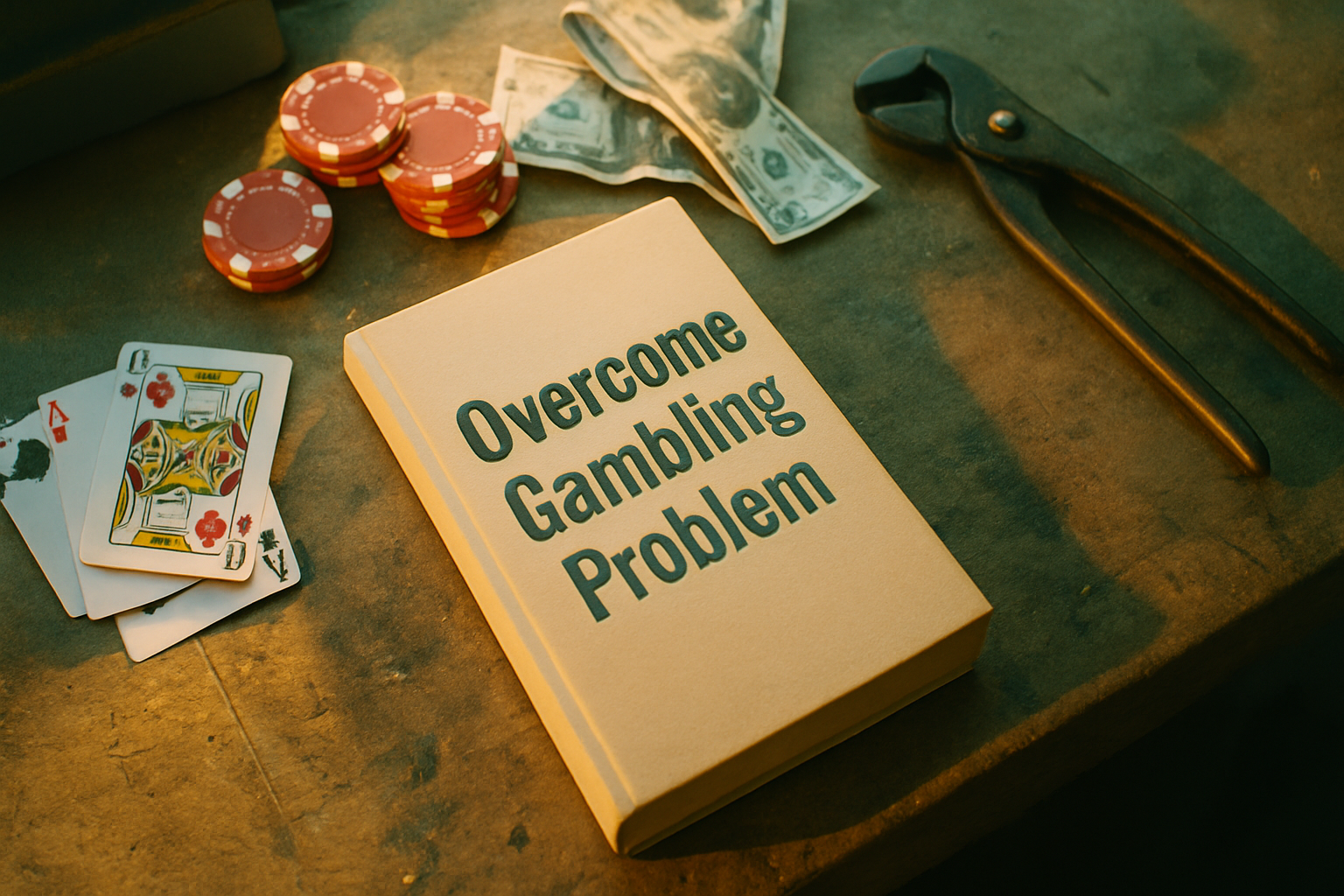Delving into the realm of gambling can be an exhilarating experience, but it also involves understanding the intricate workings of the mind. As someone who has explored the psychology behind gambling, I’ve come to appreciate the importance of playing responsibly.
In this article, I’ll share insights on how to navigate the world of gambling with mindfulness and control. Gambling isn’t just about chance; it’s a complex interplay of emotions, decisions, and behaviors.
Through my own journey, I’ve learned that responsible gambling goes beyond luck it requires a deep understanding of one’s motivations and limits. Join me as we unravel the psychology of gambling and discover strategies to enjoy the thrill while staying in control.
Overview of The Psychology of Gambling
Exploring the psychology of gambling sheds light on the crucial aspect of responsible play. My insights delve into the intricate dynamics of gambling, where chance intertwines with emotions, decisions, and behaviors.
Understanding one’s motivations and setting limits are pivotal in approaching the gambling realm mindfully. Maintaining control while relishing the excitement requires a delicate balance that enriches the overall experience.
Effects of Gambling on the Brain
- Cognitive Impacts: Gambling can alter decision-making processes and risk assessment, leading to impulsive behaviors and poor judgment during gaming activities.
- Emotional Influences: The brain’s reward system is activated during gambling, which can create feelings of euphoria and encourage repetitive play, potentially leading to problematic gambling behaviors.
Dopamine and Reward Pathways
In the realm of gambling, dopamine plays a pivotal role in the brain’s reward pathways. When engaging in gambling activities, the brain releases dopamine, a neurotransmitter associated with pleasure and reward.
The anticipation of winning triggers dopamine release, creating a sense of euphoria and motivation to continue gambling. This cycle can lead to repetitive behavior as individuals chase the rewarding feeling associated with dopamine release, highlighting the allure of gambling for many.
Impulse Control and Decision-Making
Gambling can impact impulse control and decision-making processes in the brain. The thrill of uncertainty and the potential for rewards can override rational decision-making, leading individuals to take impulsive actions while gambling.
The constant interaction of risk and reward in gambling scenarios can influence neural pathways associated with impulse control, potentially affecting one’s ability to make sound decisions in other aspects of life. Understanding these effects is essential for promoting responsible gambling behavior and fostering mindfulness in decision-making processes.
Risk Factors for Problem Gambling
Psychological Vulnerabilities
Gambling disorders can stem from various psychological vulnerabilities that predispose individuals to addictive behaviors. Stressful life events, such as trauma or financial difficulties, can trigger gambling as a coping mechanism to escape reality momentarily.
Moreover, individuals with underlying mental health conditions like depression or anxiety may turn to gambling as a way to self-medicate and alleviate emotional distress. Recognizing these psychological vulnerabilities is key to addressing the root causes of problem gambling and promoting healthier coping strategies.
Responsible Gambling Practices
Exploring the intricacies of gambling psychology has illuminated the paramount significance of responsible gambling practices. Understanding the delicate interplay between chance, emotions, decisions, and behaviors is essential for fostering a mindful approach to gambling.
This nuanced balance between enjoyment and control enriches the overall gambling experience, emphasizing the need for responsible play. Acknowledging the effects of gambling on the brain, particularly the role of dopamine in the brain’s reward mechanisms, is crucial.
The surge of dopamine triggered by the anticipation of winning induces feelings of euphoria, potentially leading to repetitive gambling behaviors. It’s imperative to comprehend how these neurological processes influence decision-making and impulse control to promote responsible gambling behavior.
Identifying risk factors for problem gambling, especially psychological vulnerabilities, is paramount in cultivating responsible gambling practices. Stressful life events, such as trauma or financial hardships, can propel individuals towards using gambling as a coping mechanism.
Moreover, individuals grappling with underlying mental health conditions such as depression or anxiety may resort to gambling to alleviate emotional distress. Recognizing these vulnerabilities is essential in addressing the root causes of problem gambling and advocating for healthier coping strategies.




